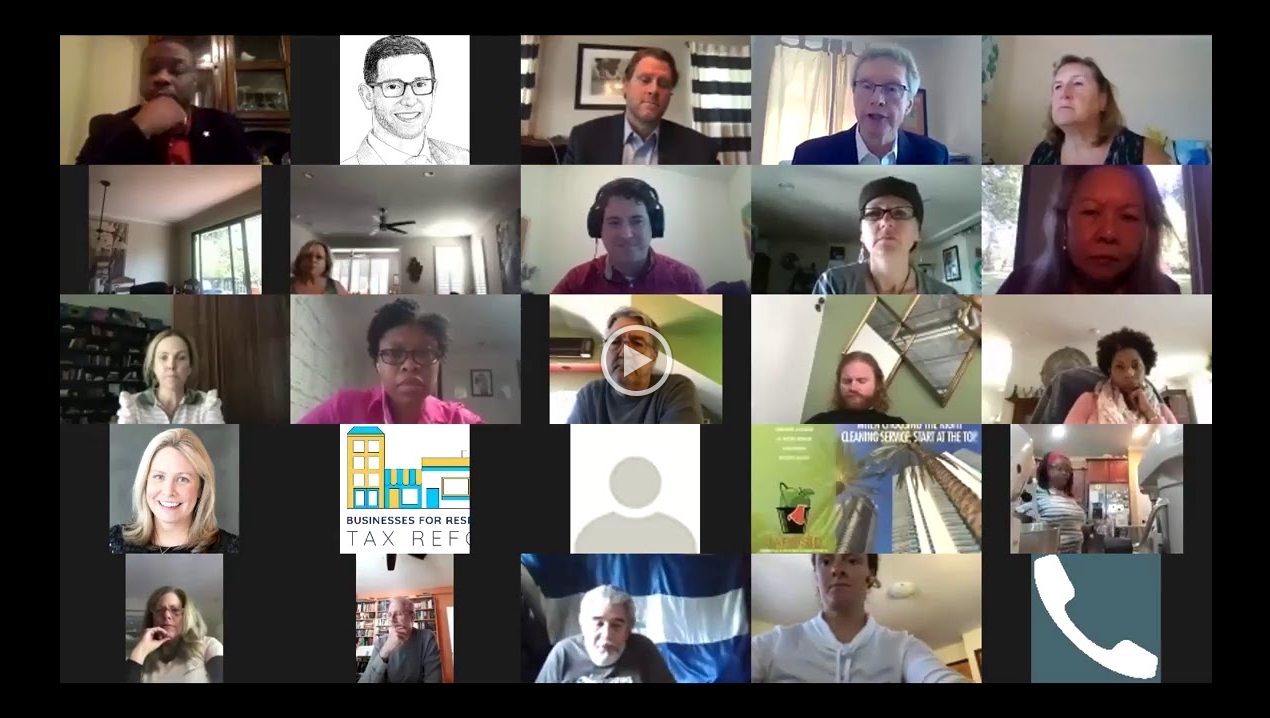The whirlwind that is 2020 has changed the nature of accountancy in ways that nobody could’ve predicted a few short months ago. From a delayed tax deadline to a back-and-forth dance of opening and closing businesses, it’s still too early to tell what all the ramifications of this unprecedented year will be. One thing that looks certain, though, is that remote work will be an increasing part of our professional lives.
Commercial real estate experts already predict a huge change in what offices look like, where they are, and how they function. As the spaces we work in change, one of the first things firms looking to transition successfully need to address is how (and where) they communicate.
In a world where working from home is becoming more of a rule and less of an exception, everything from leadership to service offerings to the technology needs to change along with it. How we talk to each other, whether with clients or between team members, is no exception. If you don’t want balls to be dropped, developing a plan for communication that everyone understands and adheres to is important. Without daily office interactions, a clear set of standards and practices is essential for keeping everyone on the same page.
The best solution for your workplace will be based on your needs and the nature of your team, but there are a few solid strategies that can benefit almost any firm. Here are some important aspects to consider when deciding on a communication policy that fits our new work reality.
Client communication standards
While every form of communication matters, it’s not hard to see why discussions with clients require extra clarity as early as possible. If an internal document gets missed, you probably have time to fix it. That’s not always the case with a client, especially when so many businesses are downsizing and asking hard questions of their service providers.
Two easy solutions are to adopt a by-method or by-person approach. In the first, you designate a single account—an email address, phone number, support portal, etc.—for all client communication. That way, nothing gets lost. In the second, you designate specific team members to certain clients. Either method can work, but however you choose to proceed, you want to make sure client communication never falls by the wayside.
Another critical aspect of client communication is handling the delicate and historic nature of the coronavirus pandemic and our response to it. Your business is going through a lot right now, and your clients’ businesses are too. You have to strike a balance between being proactive and oppressive, always keeping the needs of your clients in mind. Take time to coach your time on what is appropriate and how to best handle difficult situations.
Keeping the team in touch
With internal communication, you can afford to be a little more informal but you still need to delineate a few key policies. For any action requiring approval from leadership, it’s a good idea to assign a dedicated channel. If somebody wants to request time off, for example, they should know exactly where to go and what to do. By using a specific portal, there’s no argument about whether something got lost in the shuffle.
The same policy should apply to key work communications such as project updates. A good rule of thumb to keep in mind is that the more important the piece of information being communicated is, the more formal the communication method should be. After all, most people don’t propose via text message.
Many firms find it useful to create a tiered communication structure that reserves certain channels for formal communication and others for casual banter. You may think creating a forum for chit chat is superfluous, but it can have a huge impact on morale and camaraderie. Doing our jobs remotely may not be so hard, but replacing the personal interaction that comes from seeing our fellow team members everyday is a lot more difficult.
If you don’t find a way to replace those little social interactions, you risk turning a tight-knit team into a group of individuals. Whether you have Zoom parties or goofy Slack groups, it pays to find some space for fun.
Thanks for reading CPA Practice Advisor!
Subscribe Already registered? Log In
Need more information? Read the FAQs





